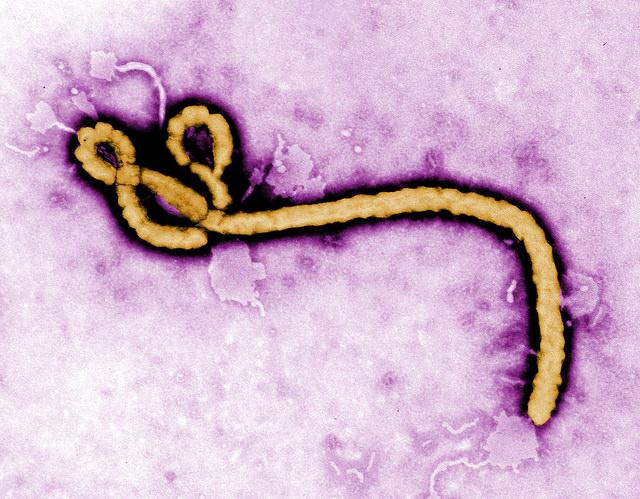By Scotty Schenck, photo editor
The Ebola virus panic may soon come to a close. According to the Science magazine, a vaccine using a weakened version of the virus had efficacy as a treatment against a virus similar to Ebola in mice and guinea pigs. It was similarly tested on nonhuman primates who were exposed to the virus, and protected the animals from the contracting the disease.
The vaccine was created by a team led by Yoshihiro Kawaoka, a professor of virology at the University of Wisconsin–Madison (UW–Madison) who holds a faculty appointment at the University of Tokyo.
“In terms of efficacy, this affords excellent protection,” Kawaoka said in an article released by UW–Madison’s School of Veterinary Medicine. “It is also a very safe vaccine.”
The virus is a replication-defective version of the Zaire ebolavirus – the virus given in the vaccine cannot replicate itself like the traditional virus. This allows immune systems to respond to the infection and create antigens for future contact with Ebola.
The vaccine was created using an experimental platform first devised in Kawaoka’s lab by Peter Halfman. The vaccine eliminates the VP30 gene – the gene responsible for reproduction in the virus’ host. According to the School of Veterinary Medicine, the Ebola virus only has eight genes and depends on the host cells to grow.
According to the Economist, Ebola has claimed more than 10,000 lives in western Africa over 2014 and 2015. In Guinea, there are 10 doctors per 100,000 people, making the conditions extremely hard to monitor and contain.
The tests on primates, specifically cynomolgus macaques who are susceptible to Ebola, were conducted by the National Institutes of Health Rocky Mountain Laboratories in Hamilton, Mont.
“It’s the best model,” Kawaoka said. “If you get protection with this model, it’s working.”
Photo courtesy CDC Global, Creative Commons.









